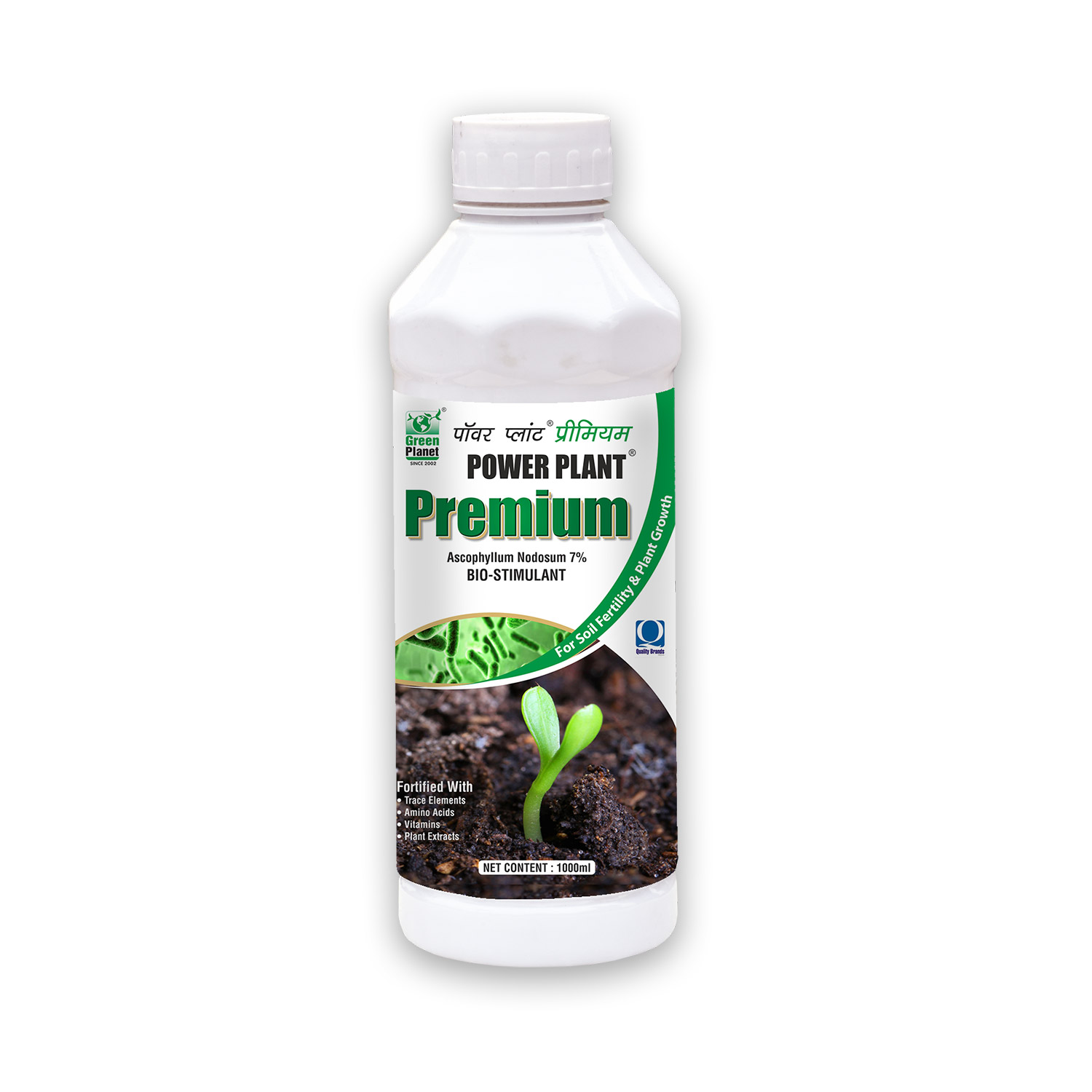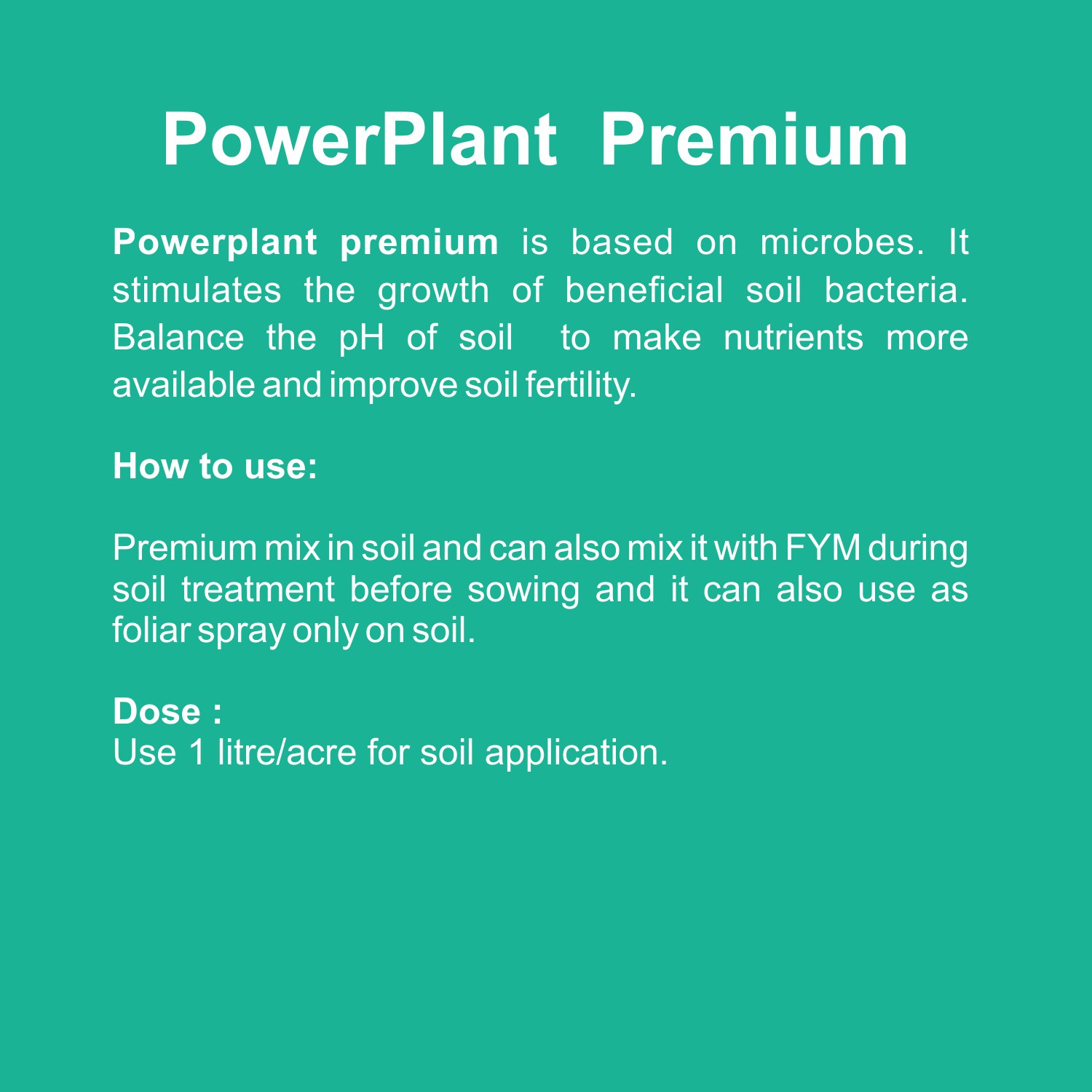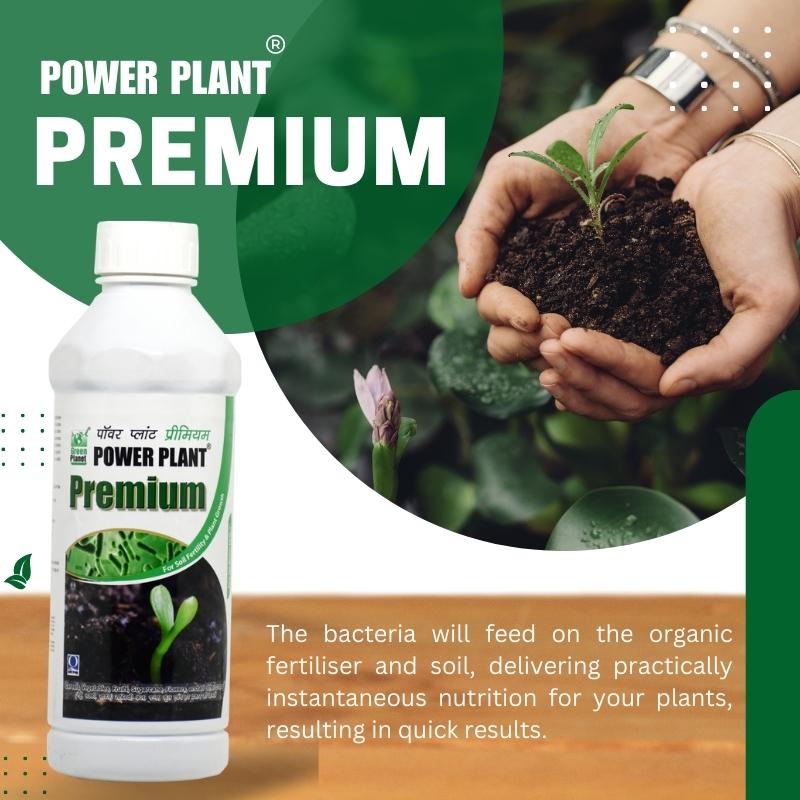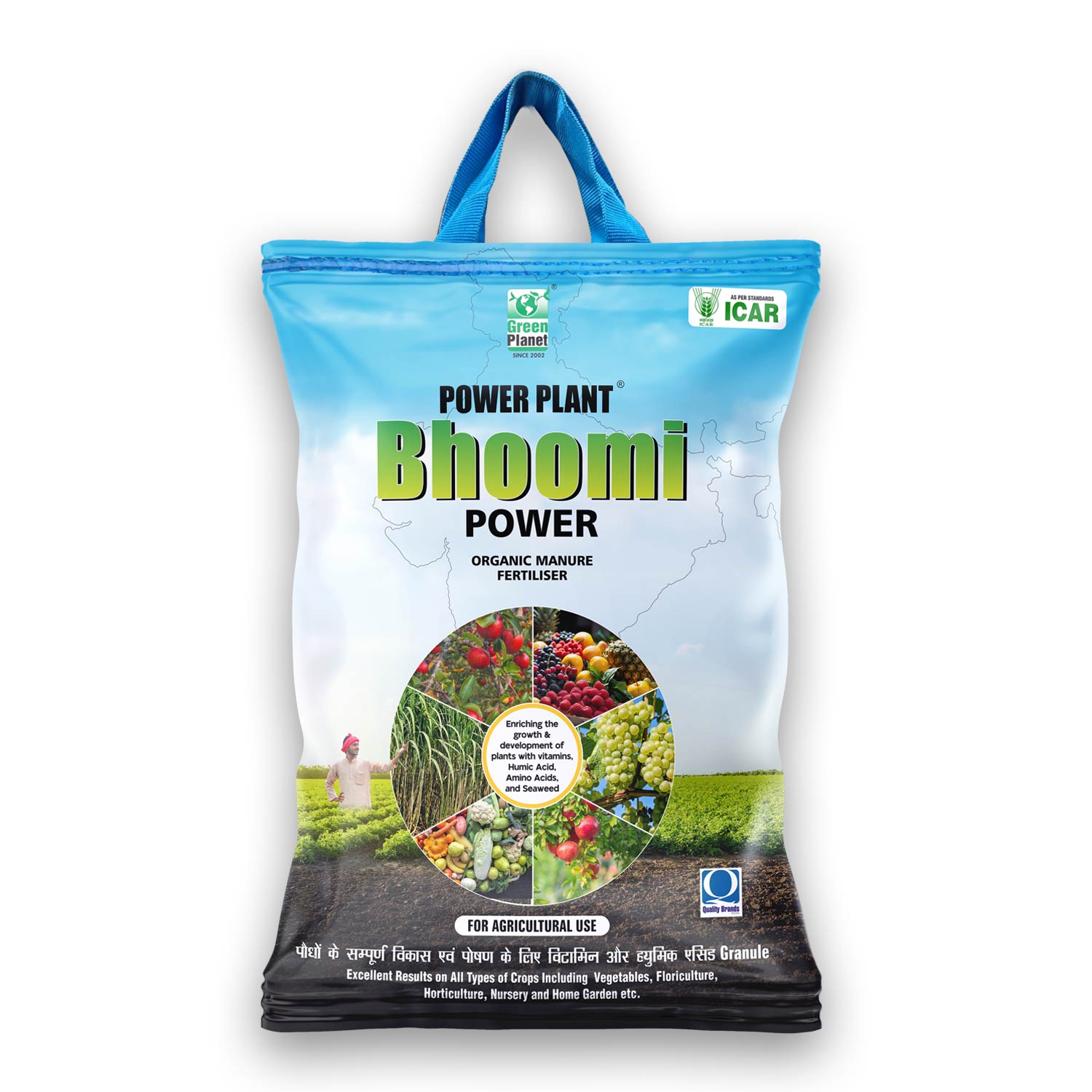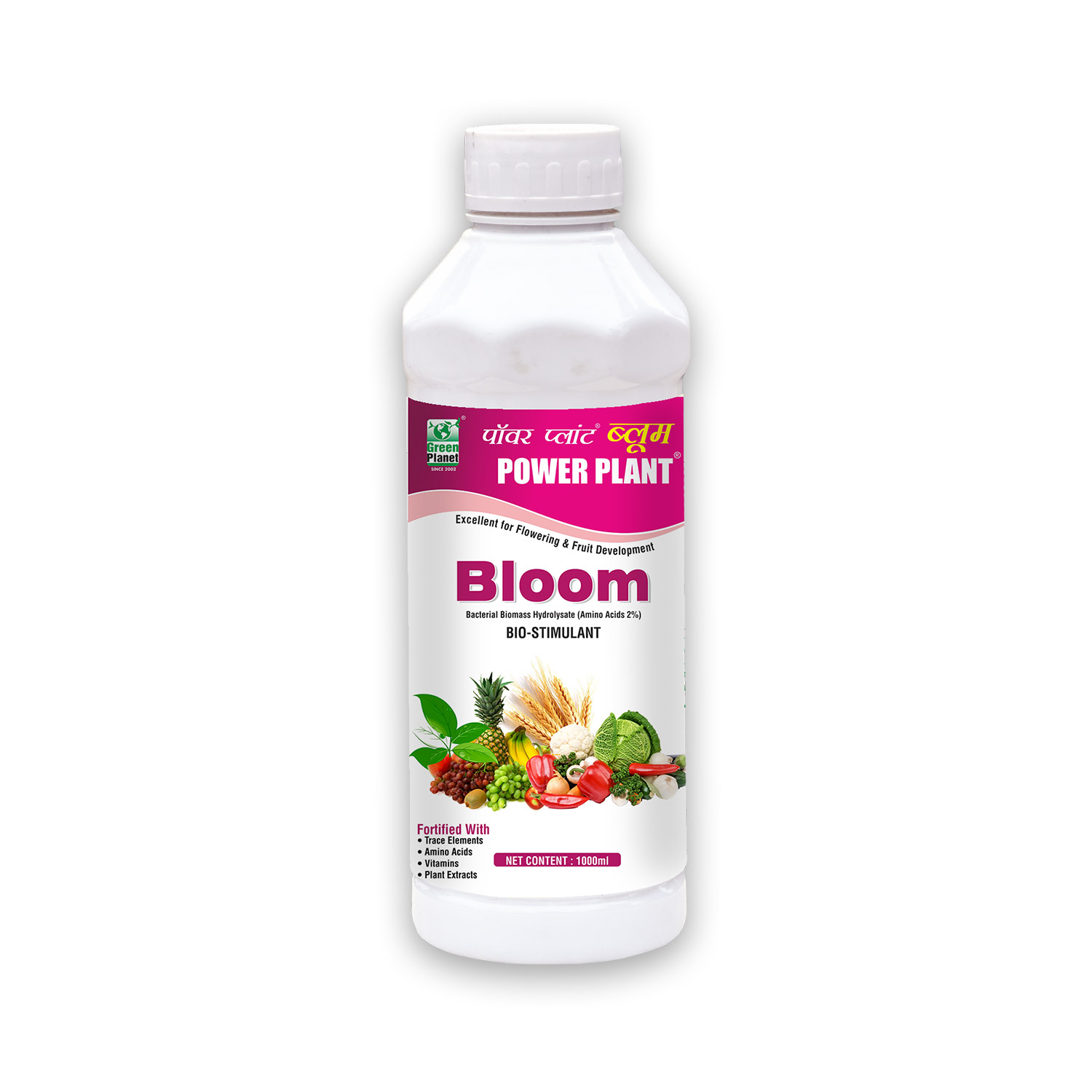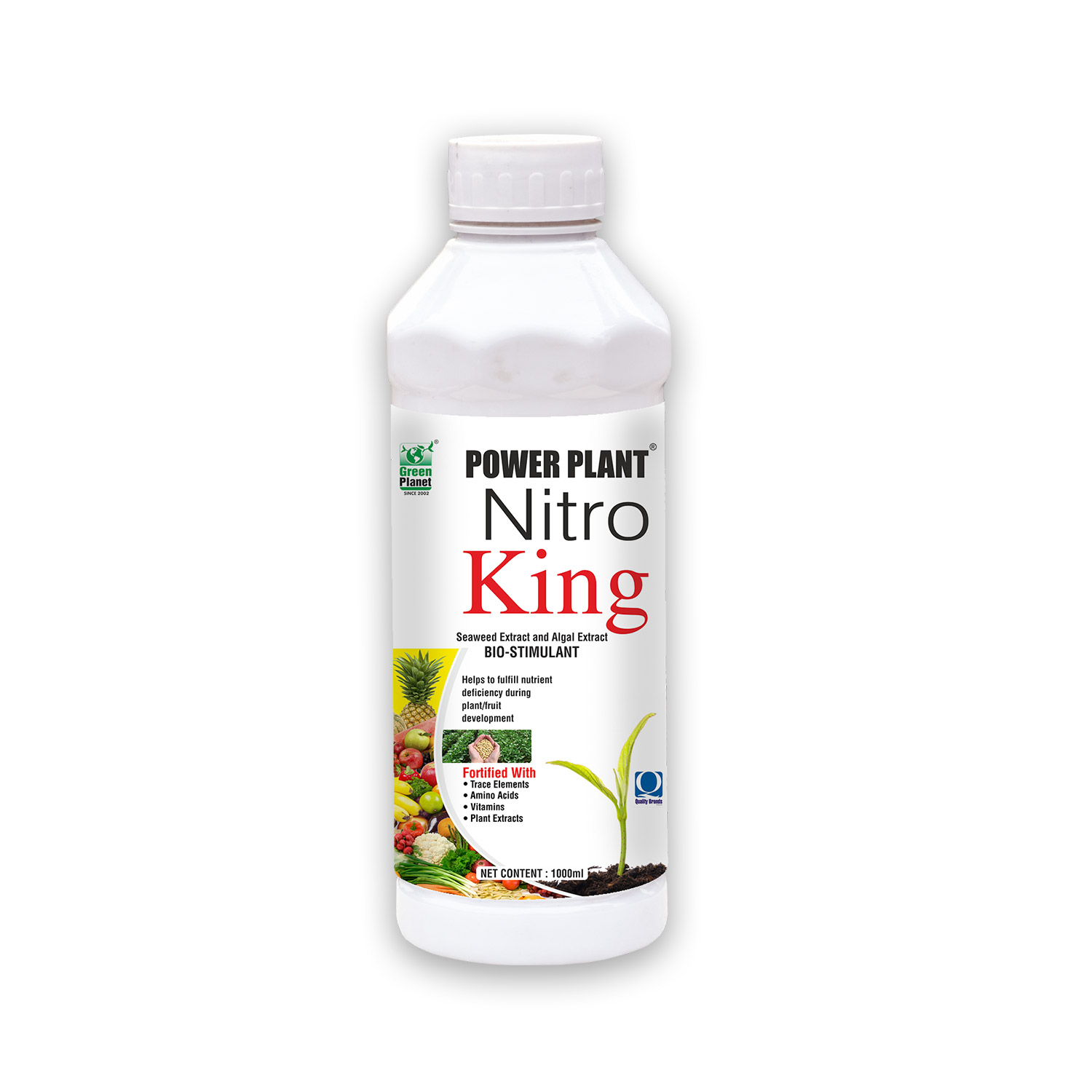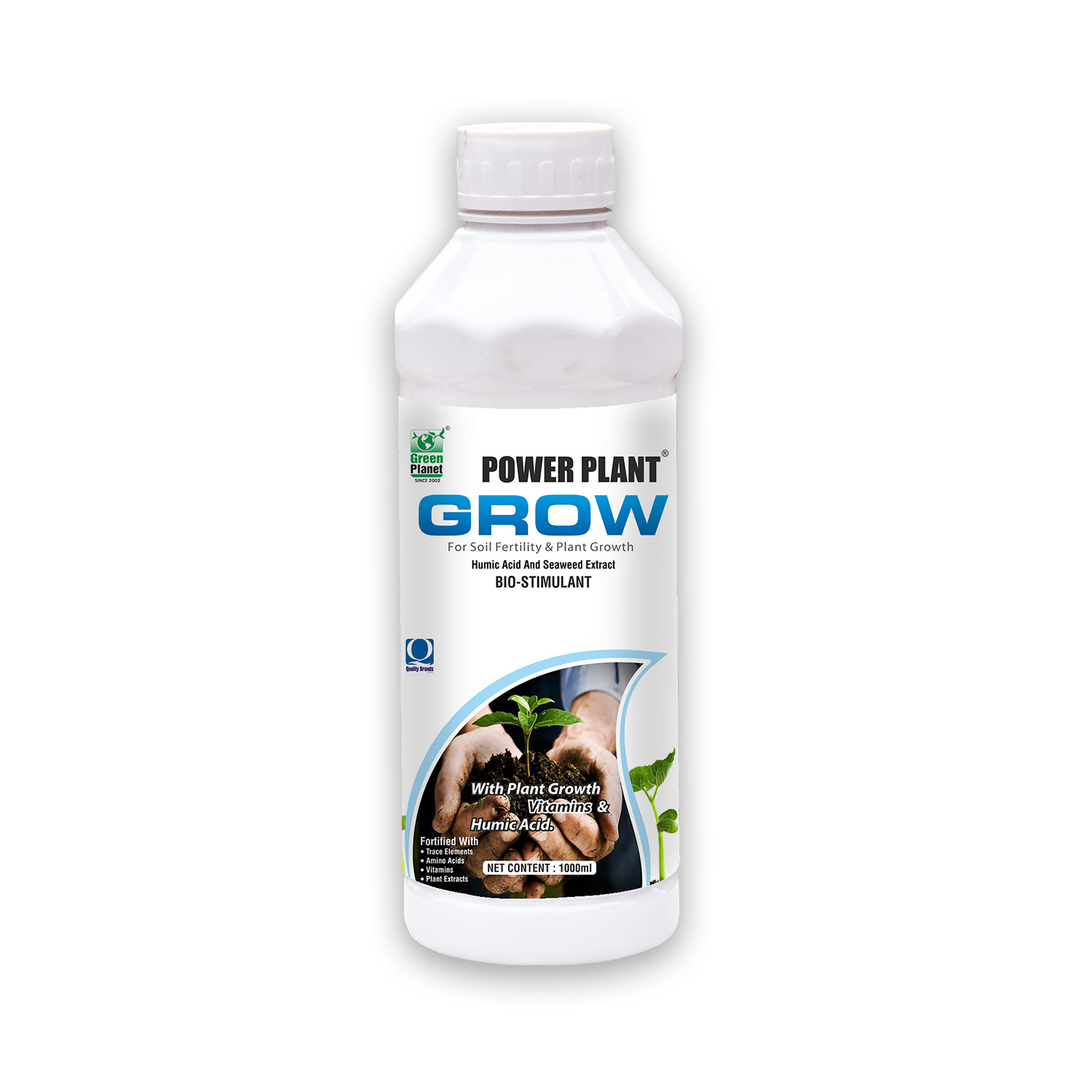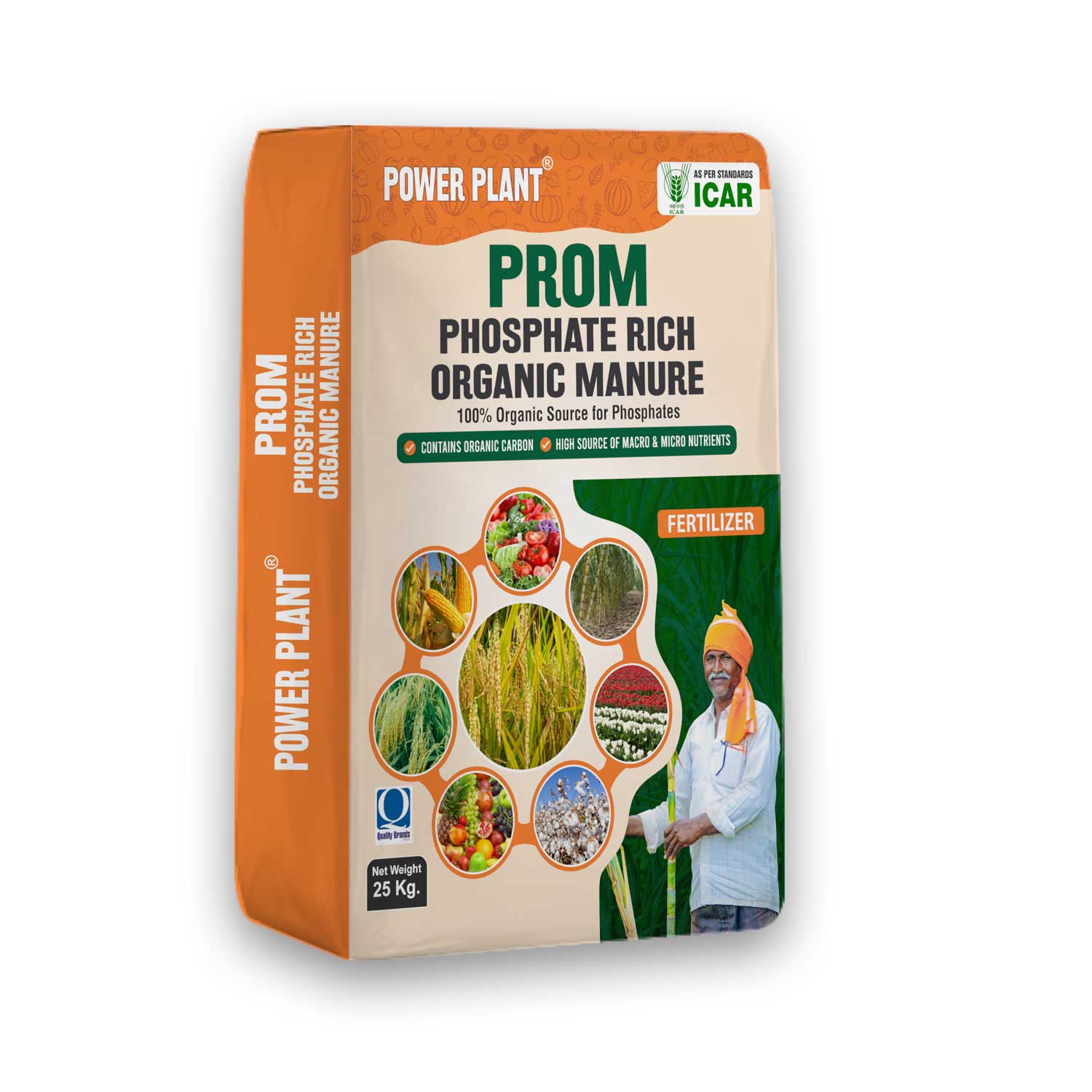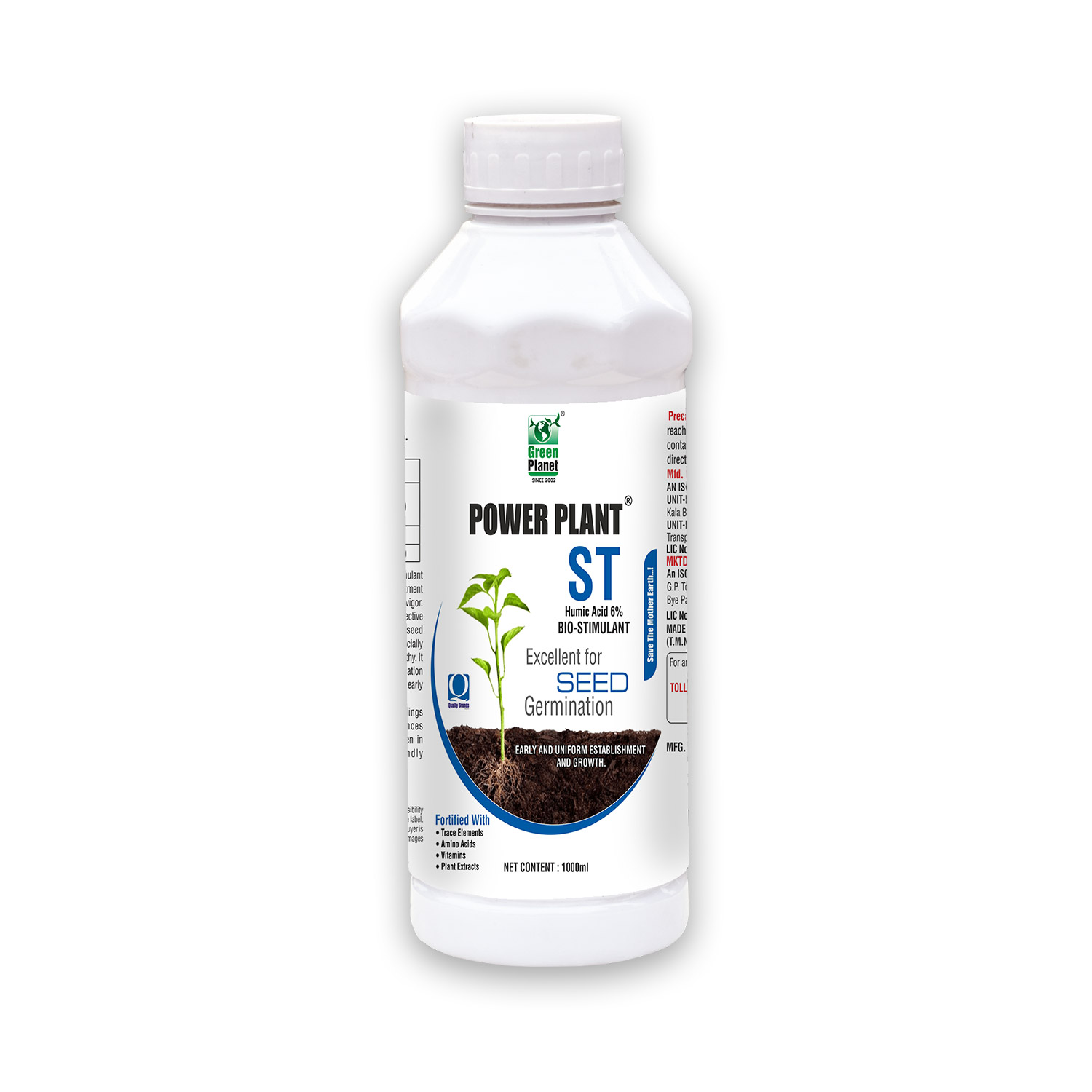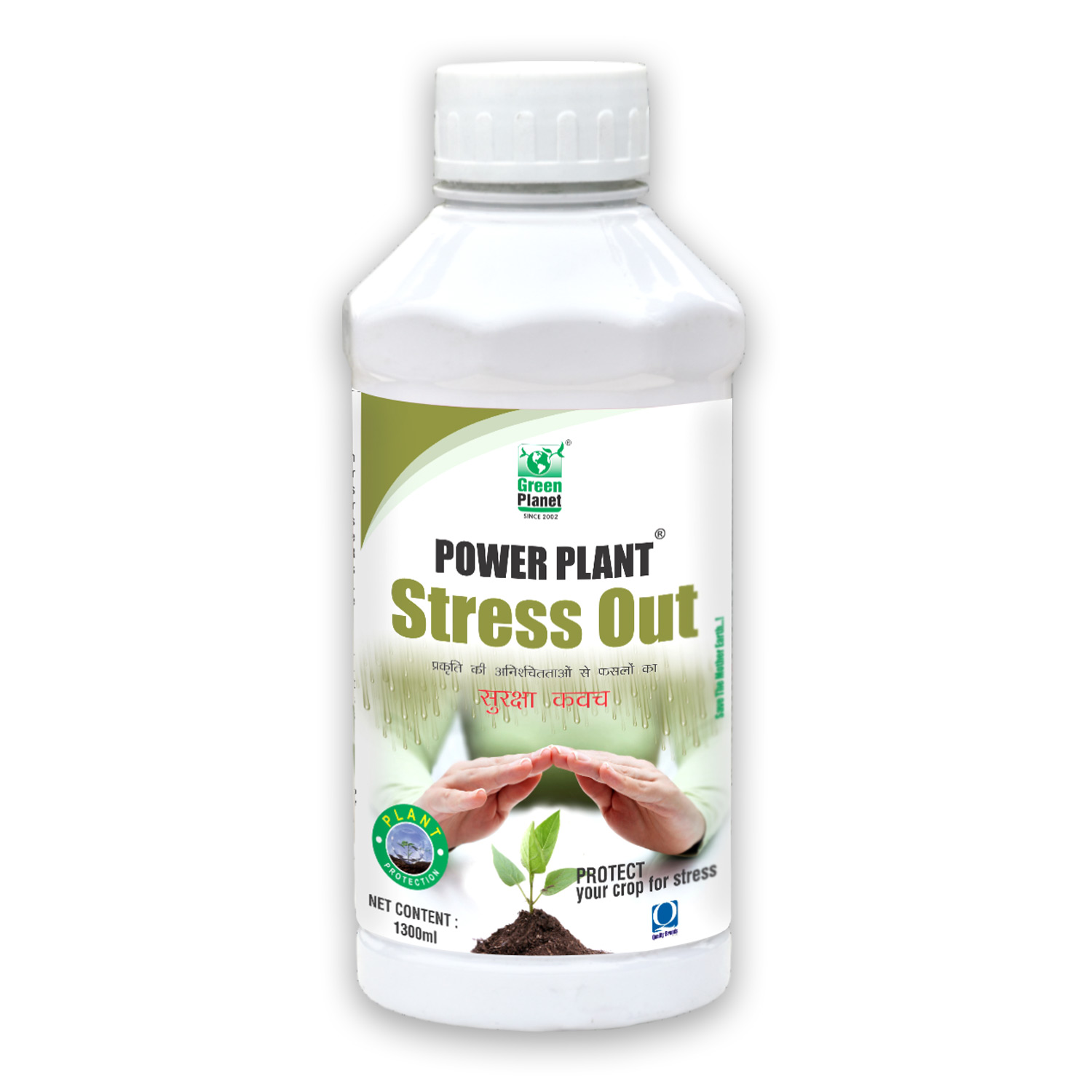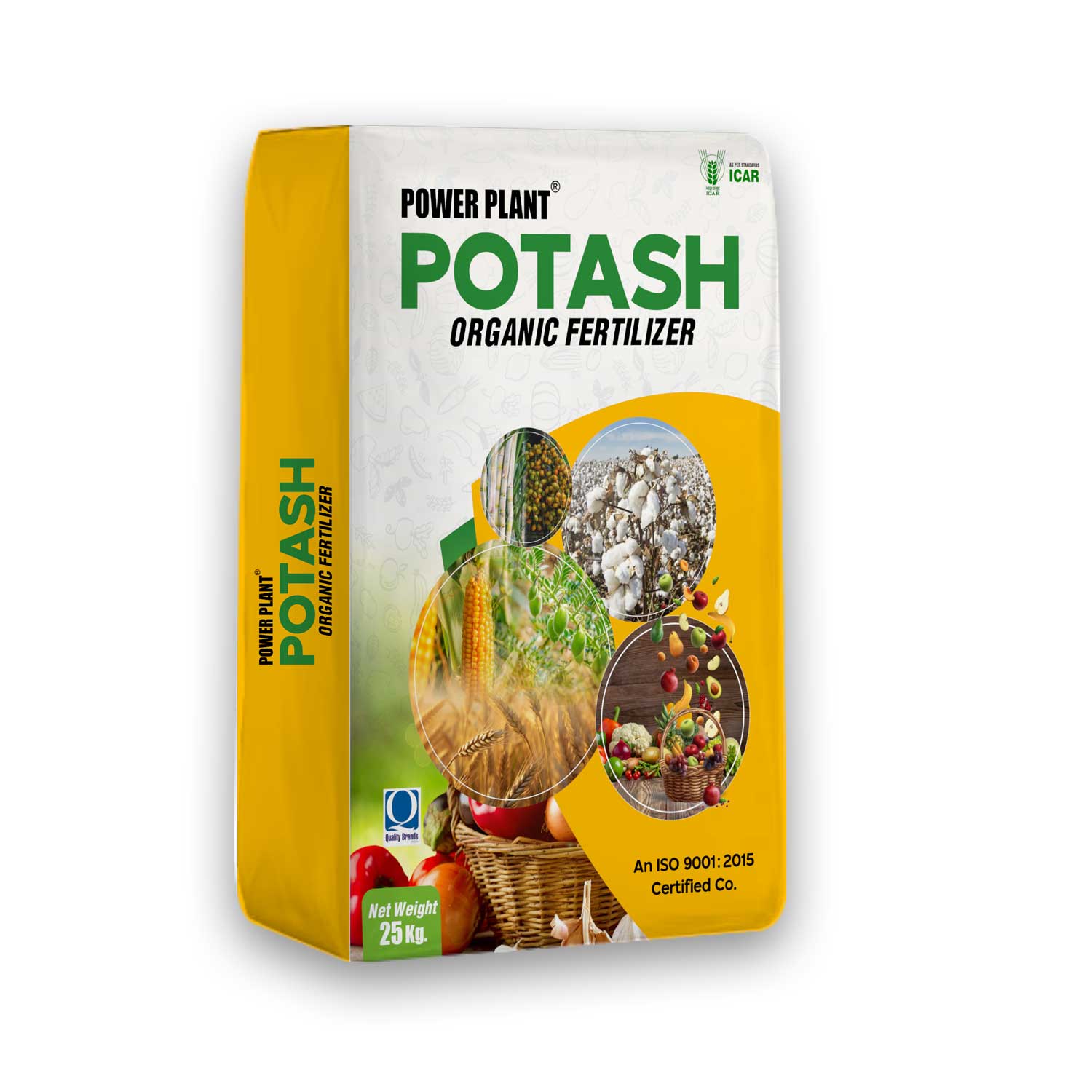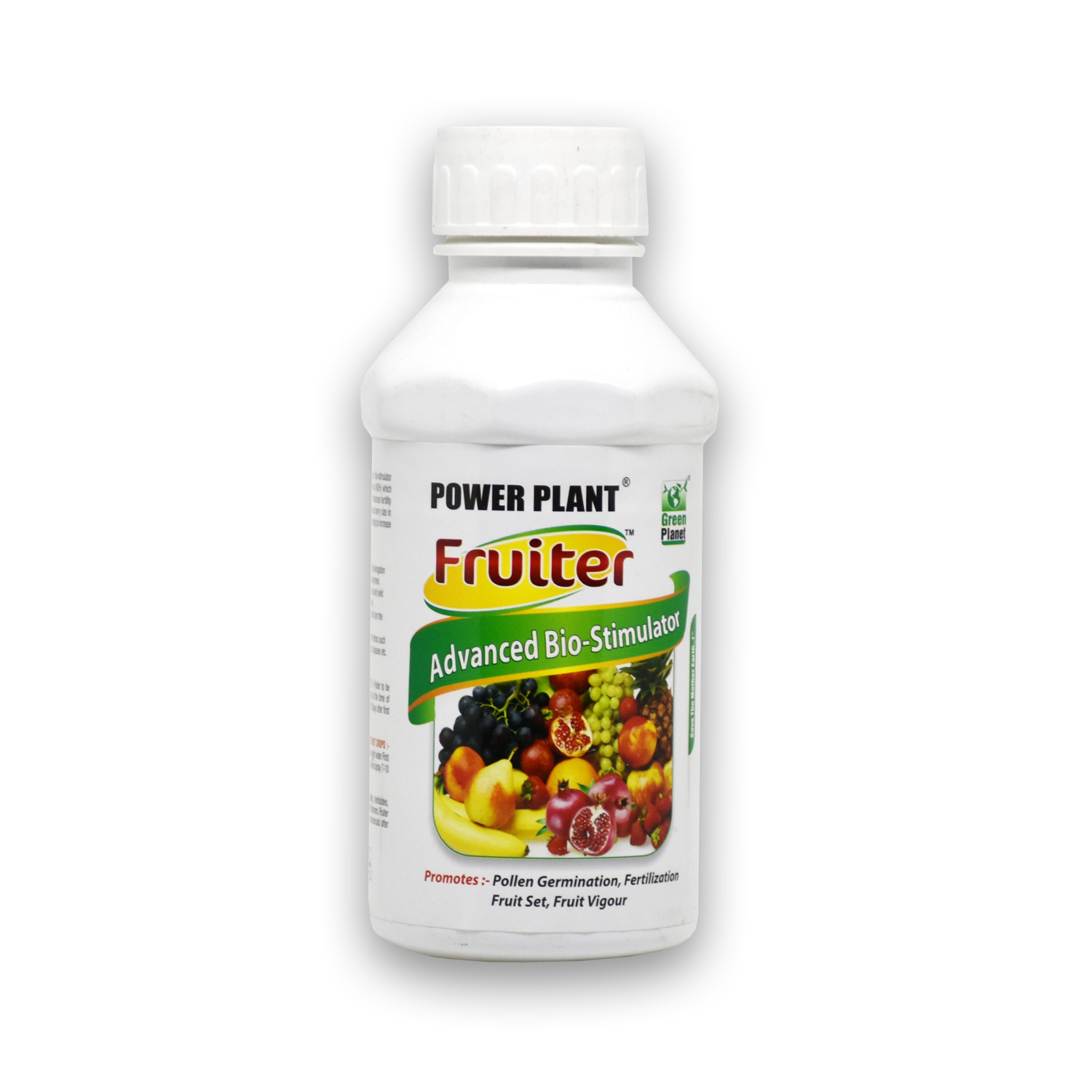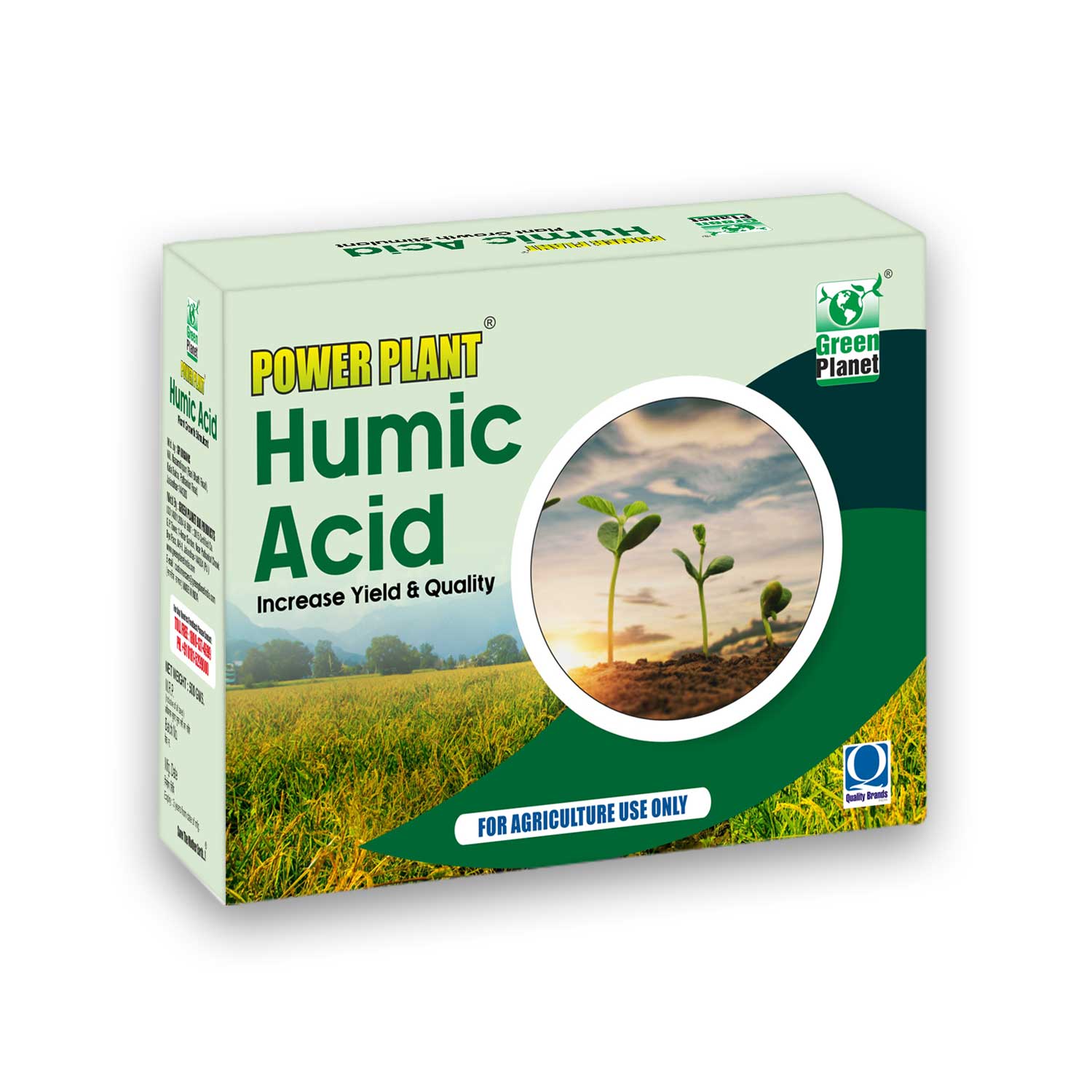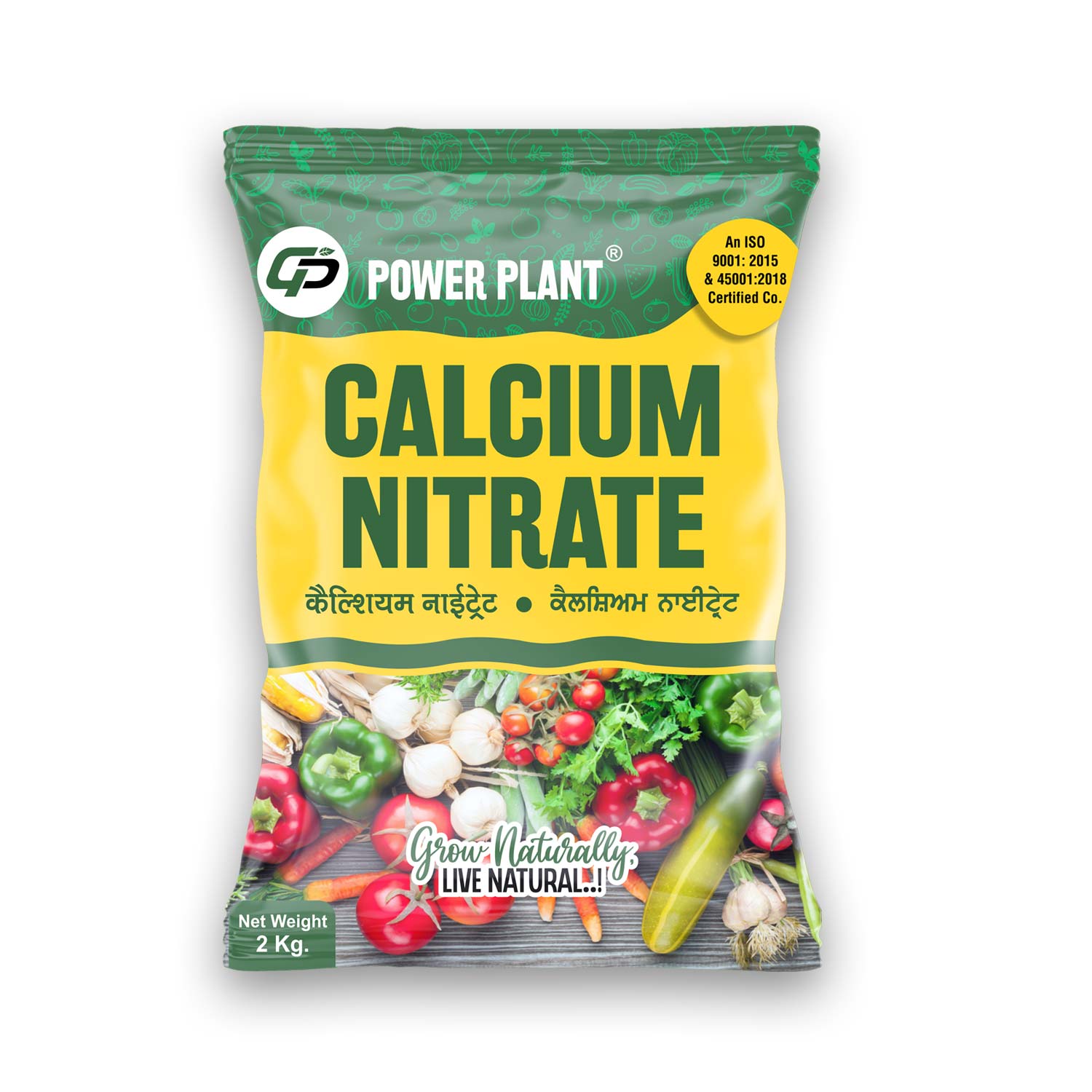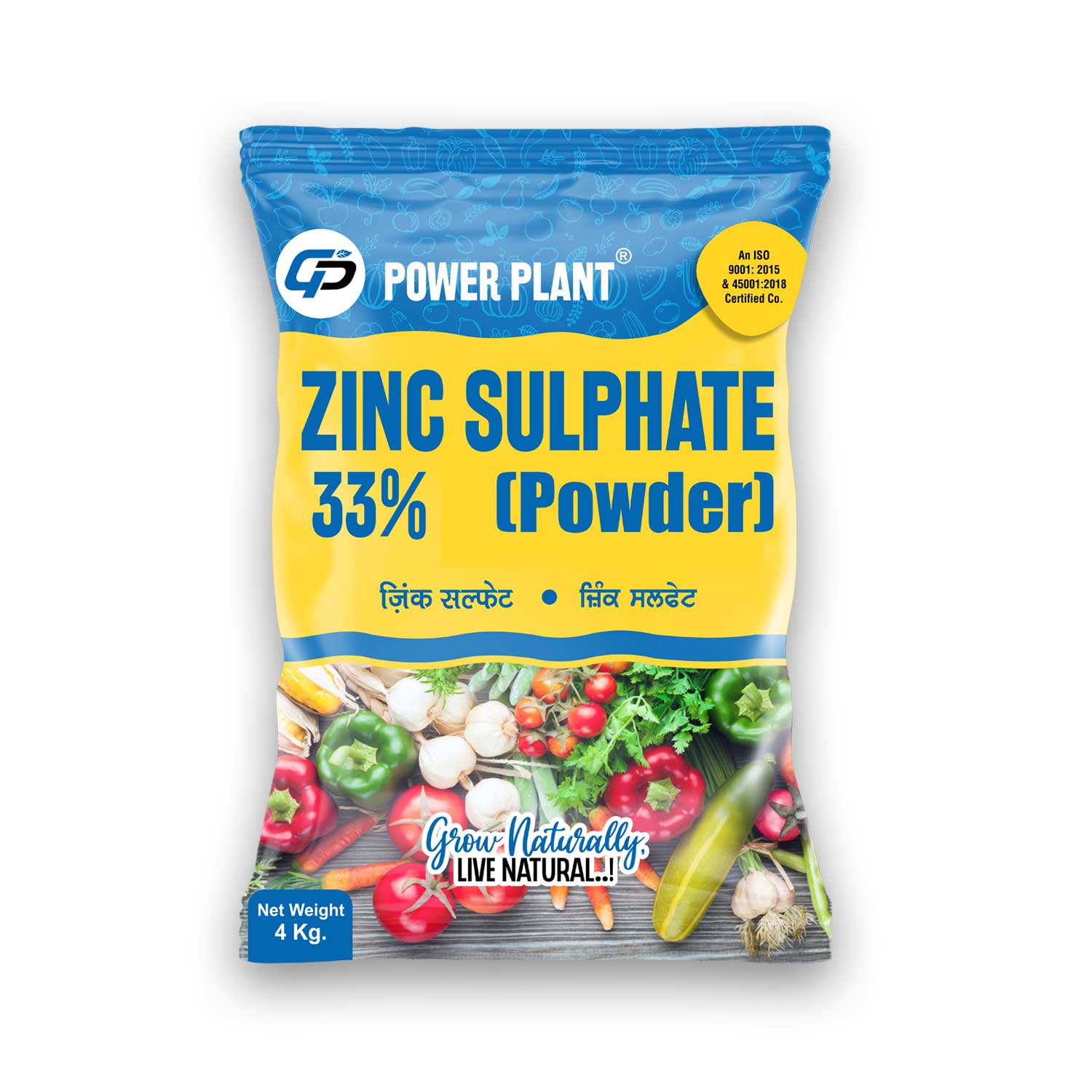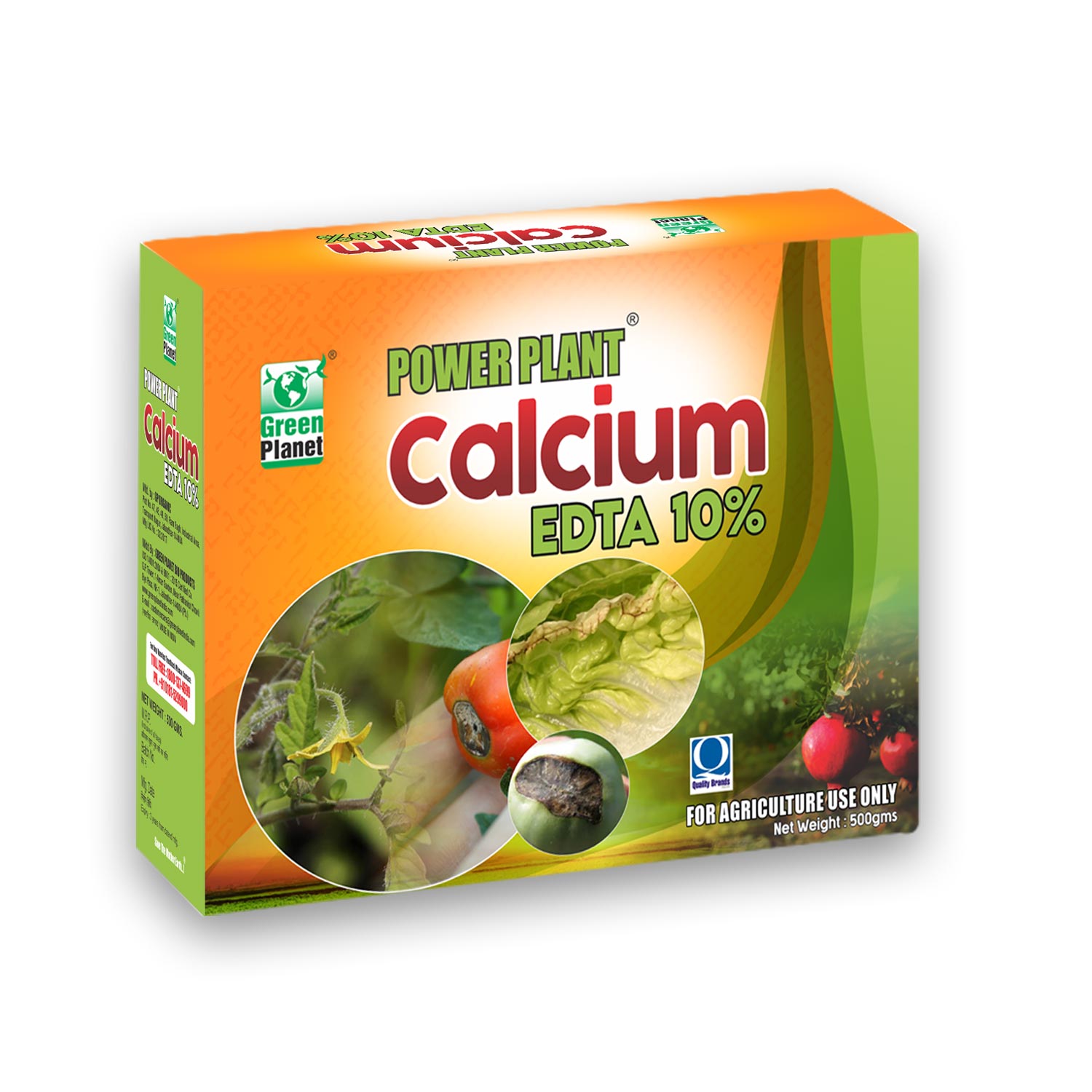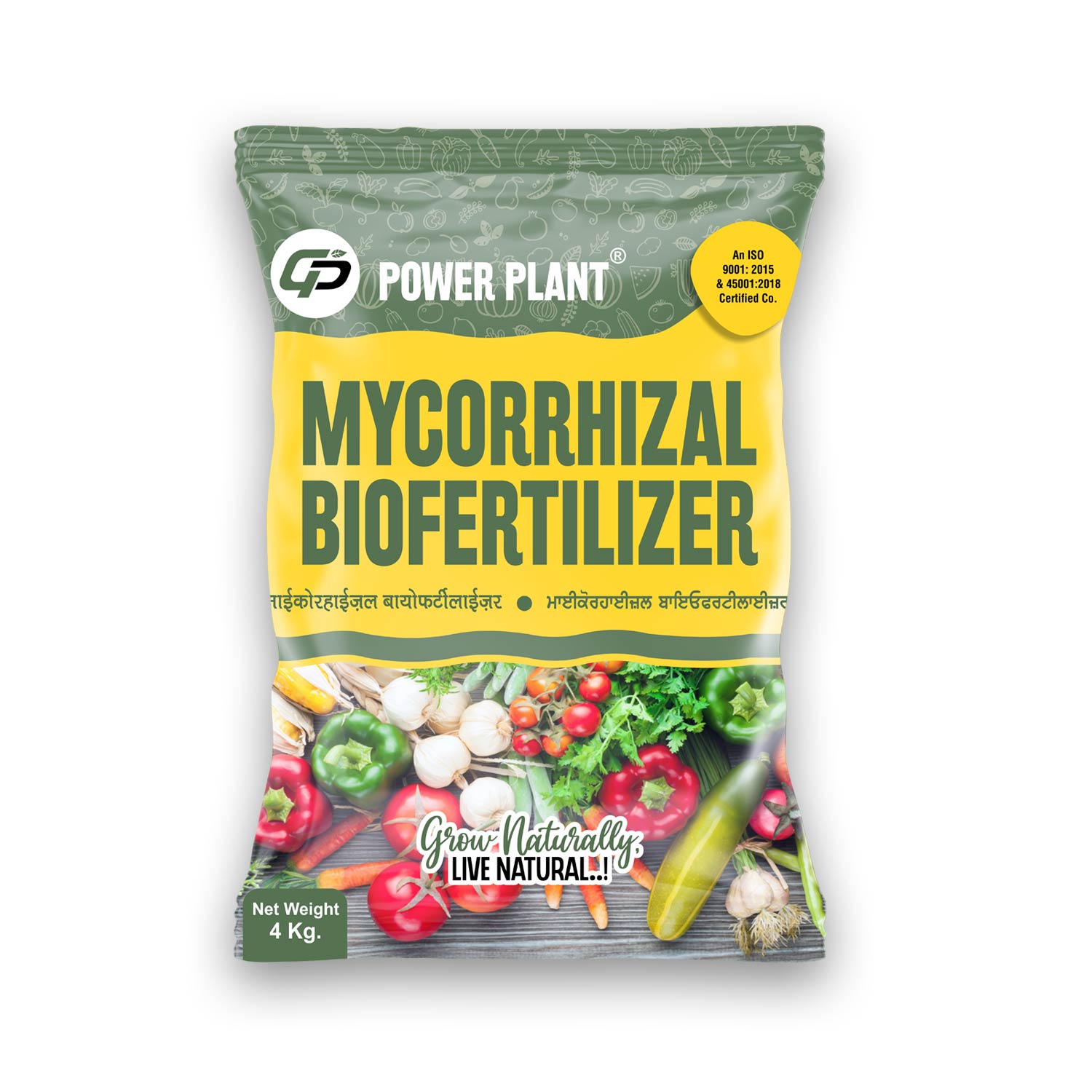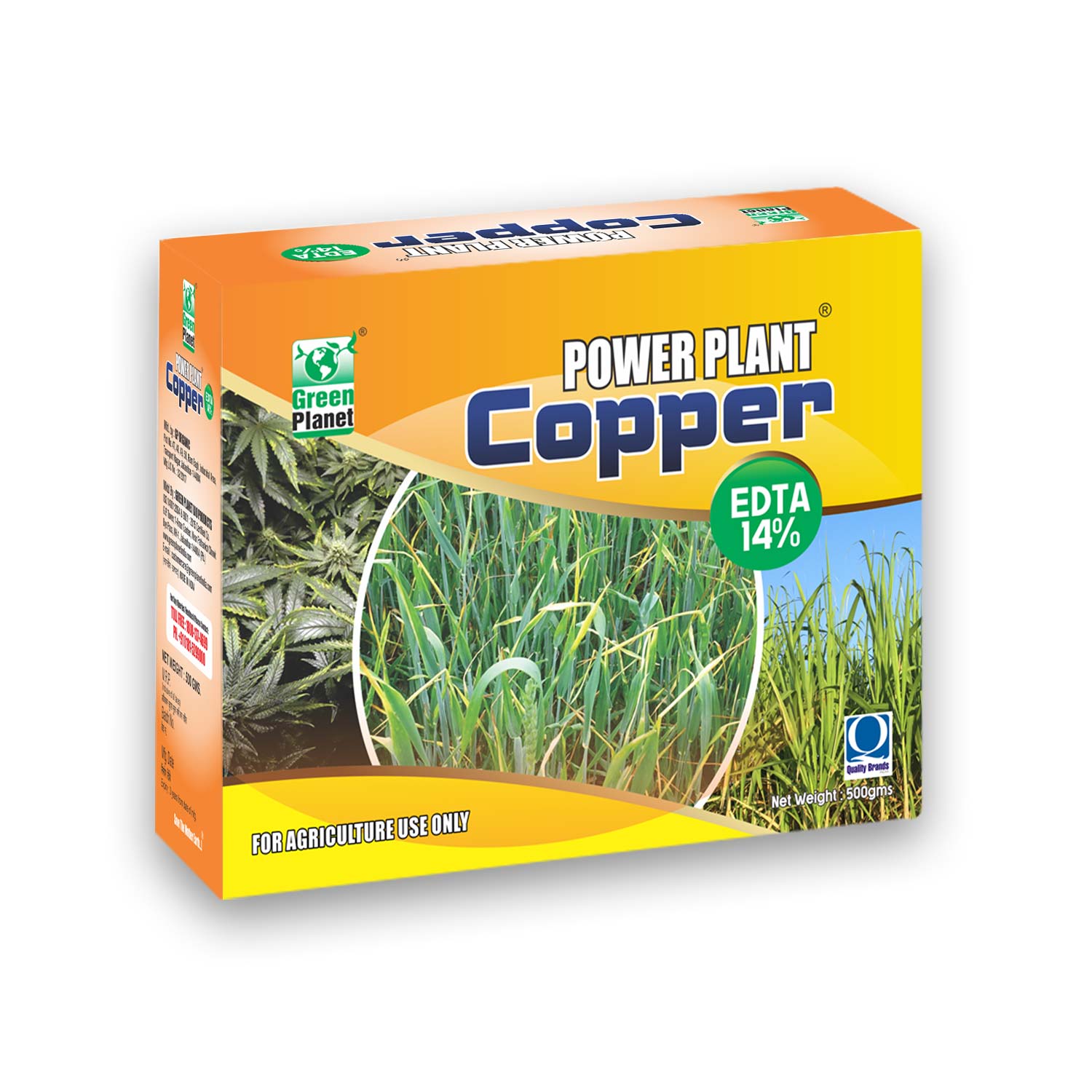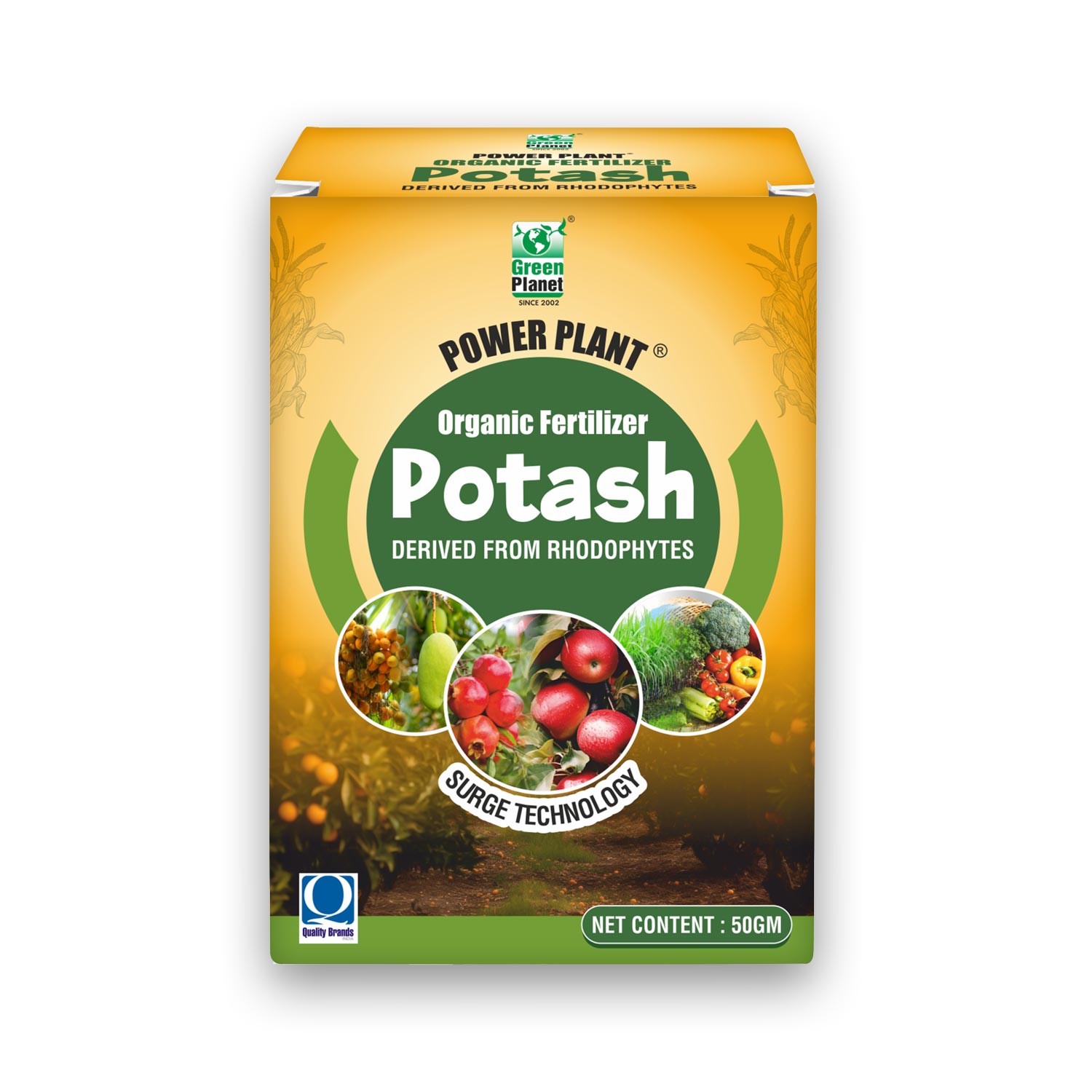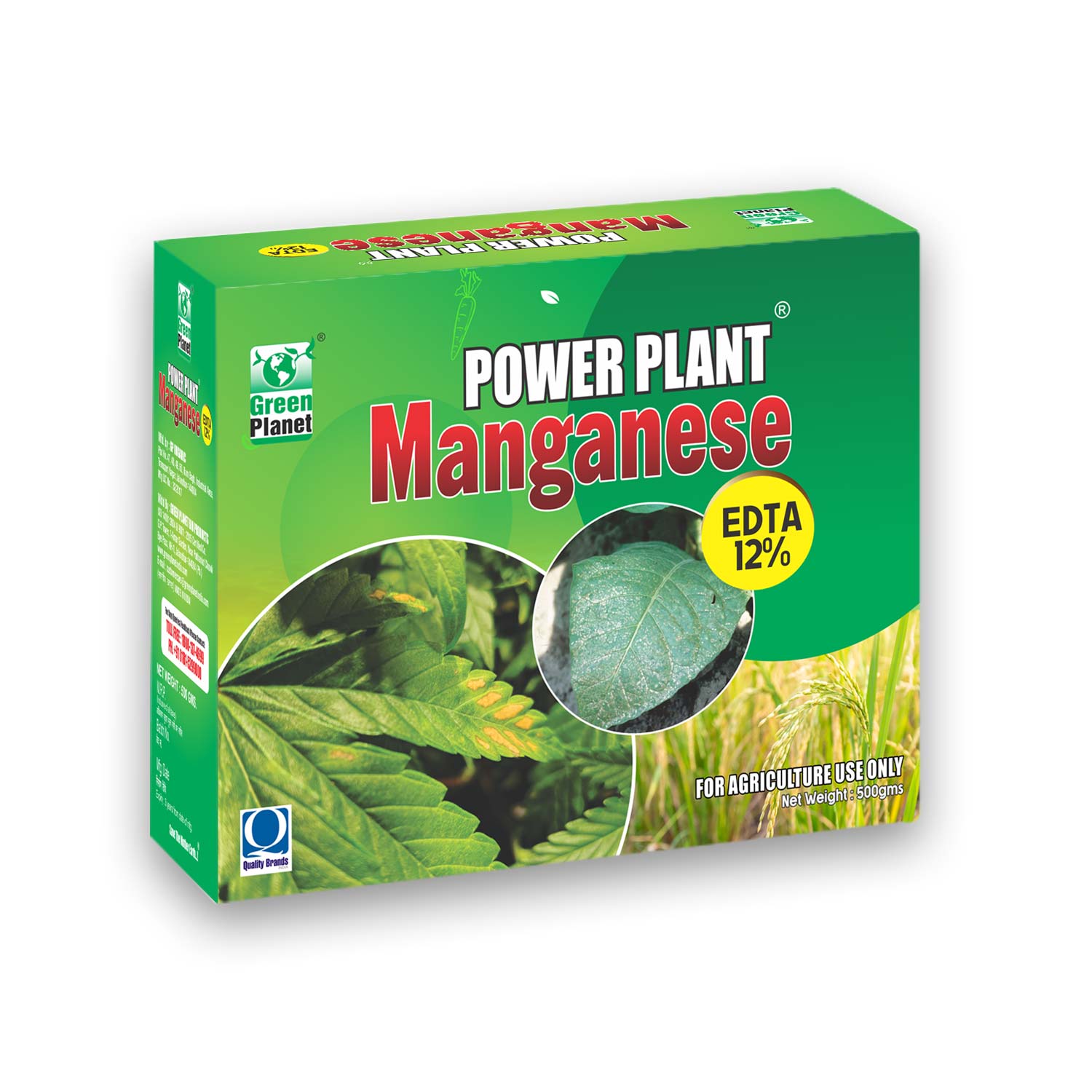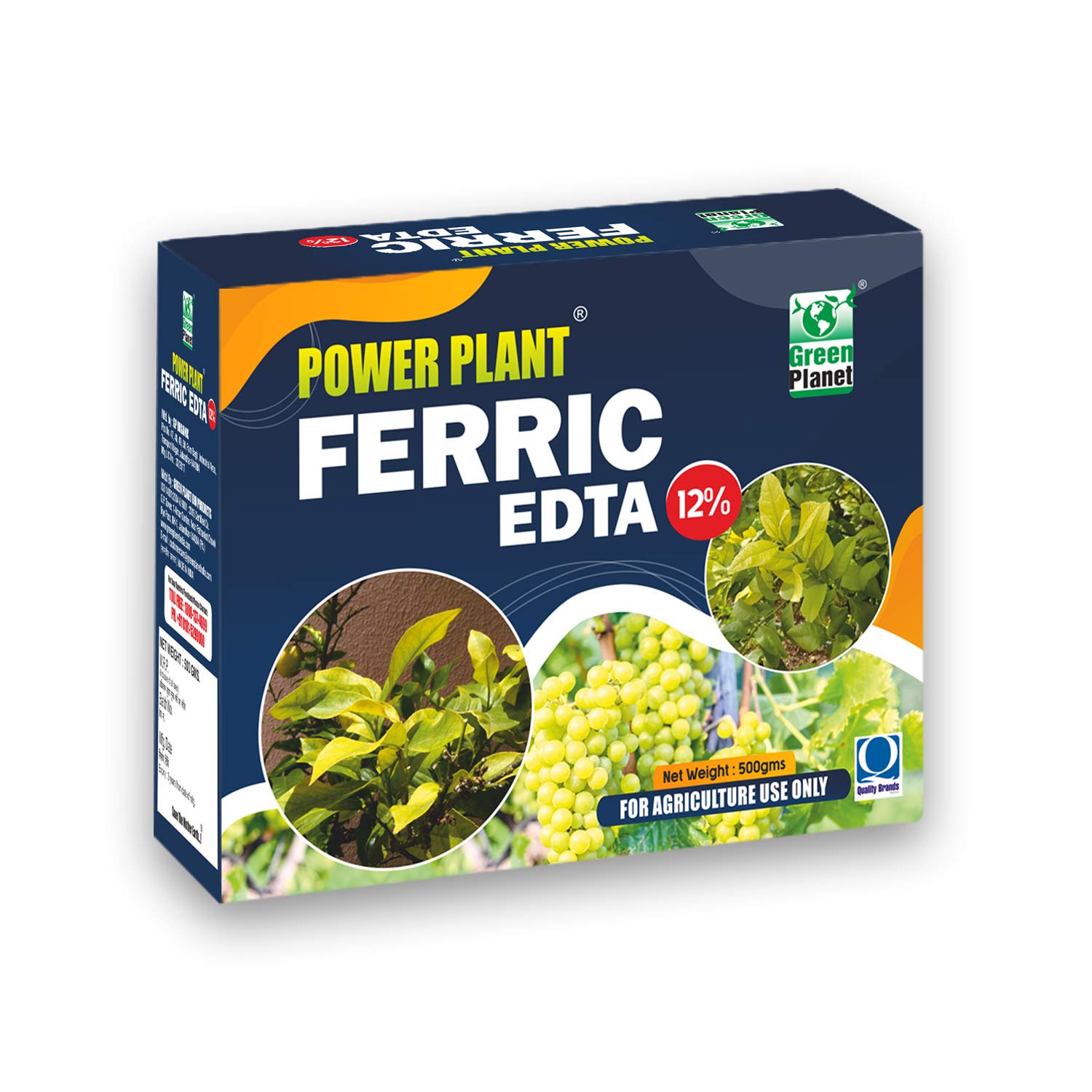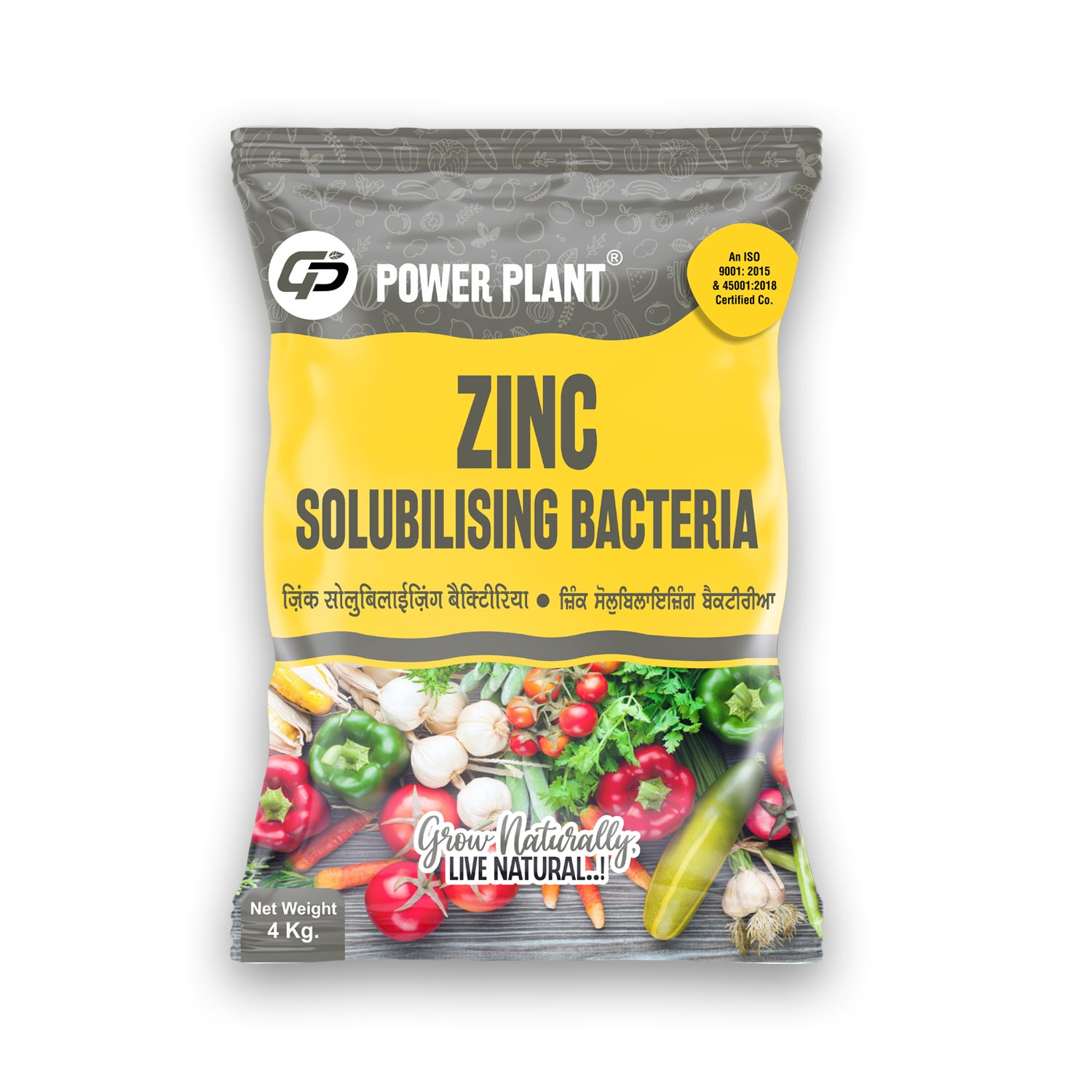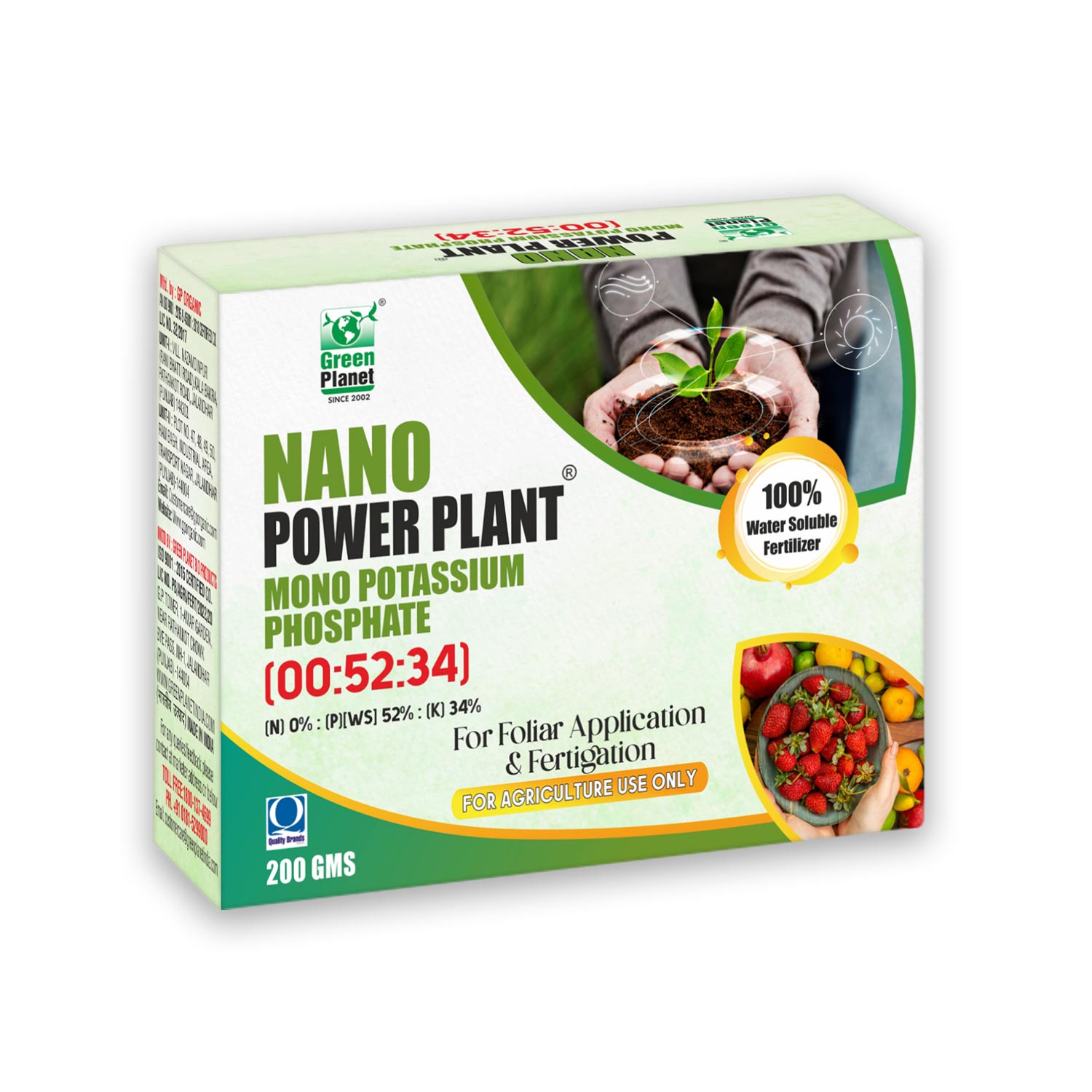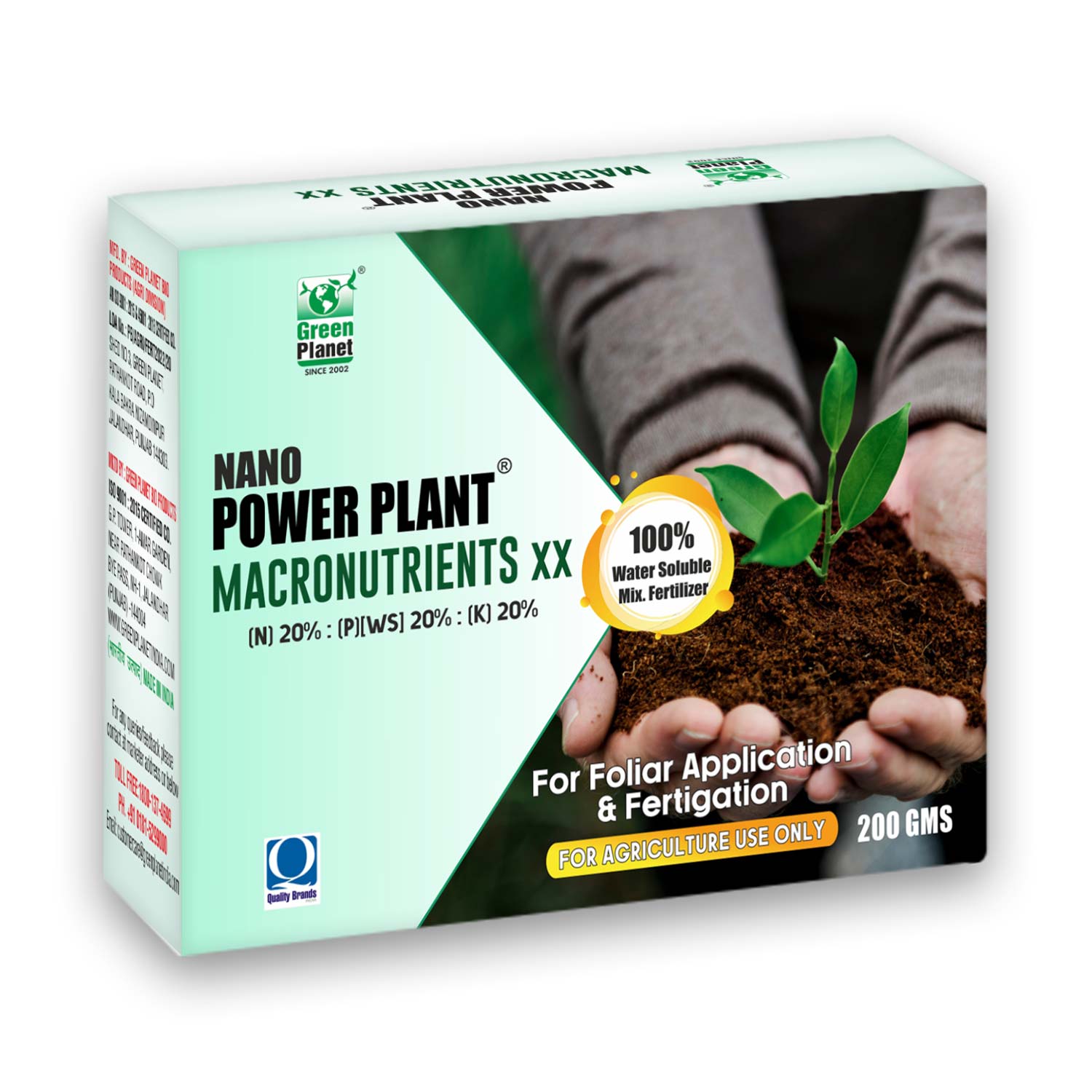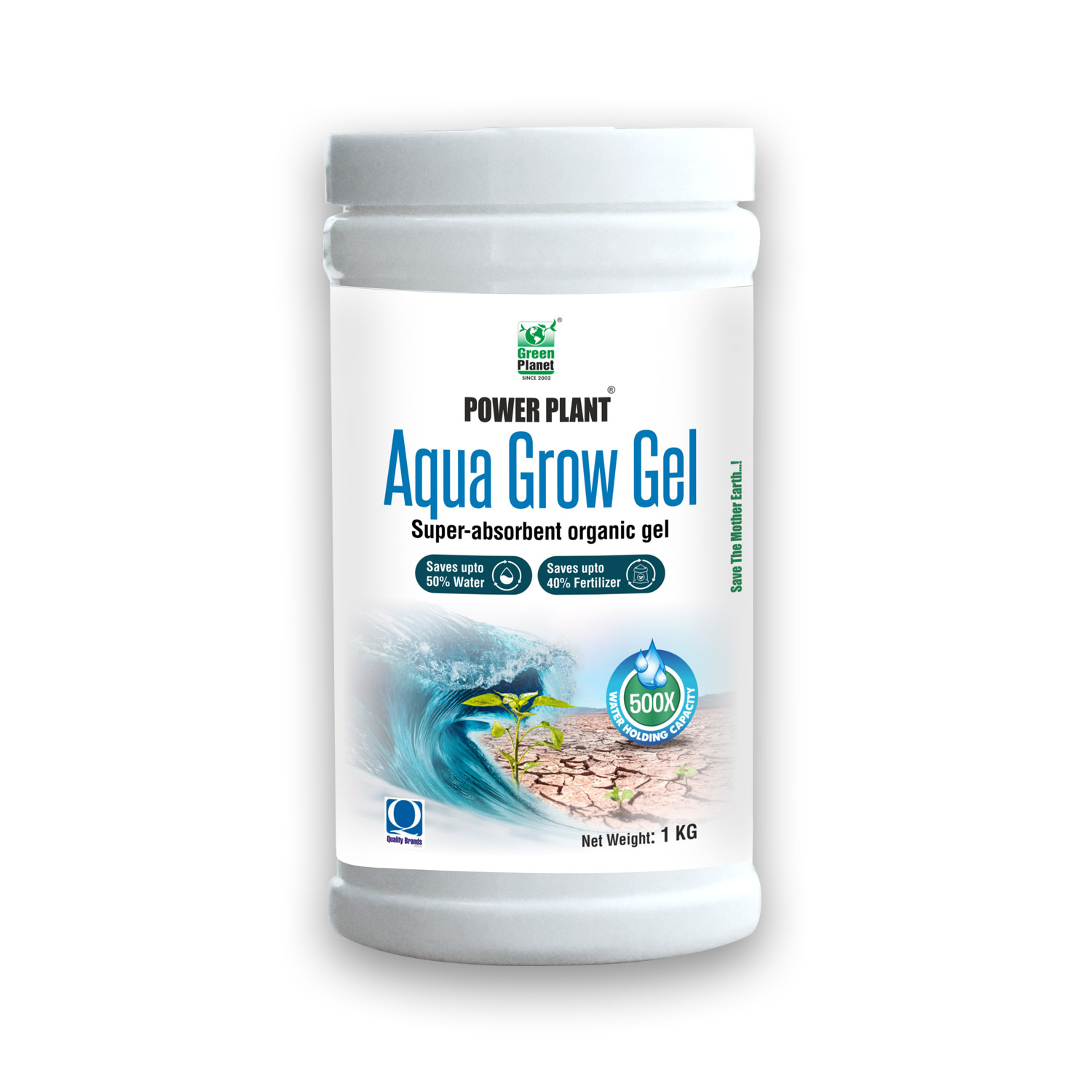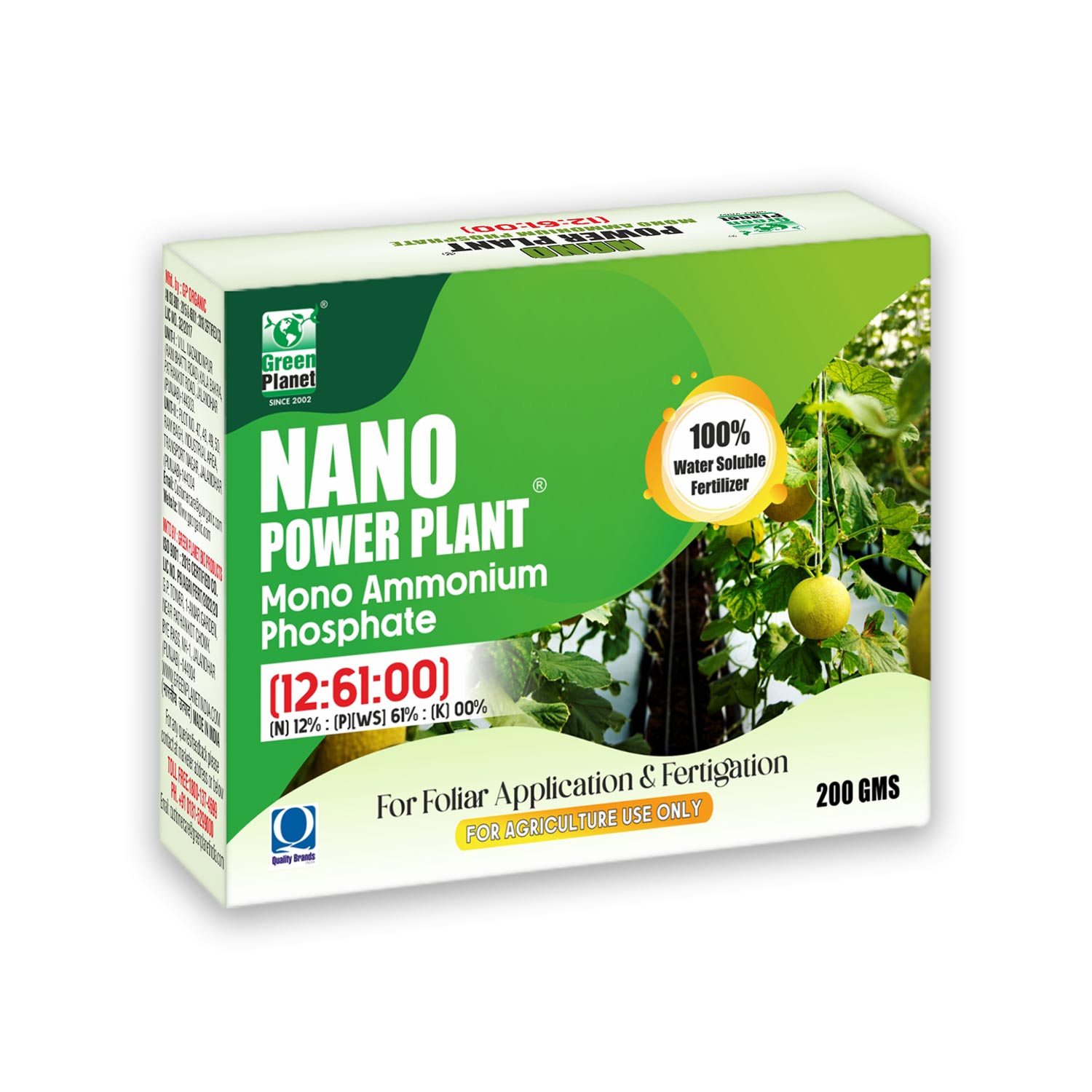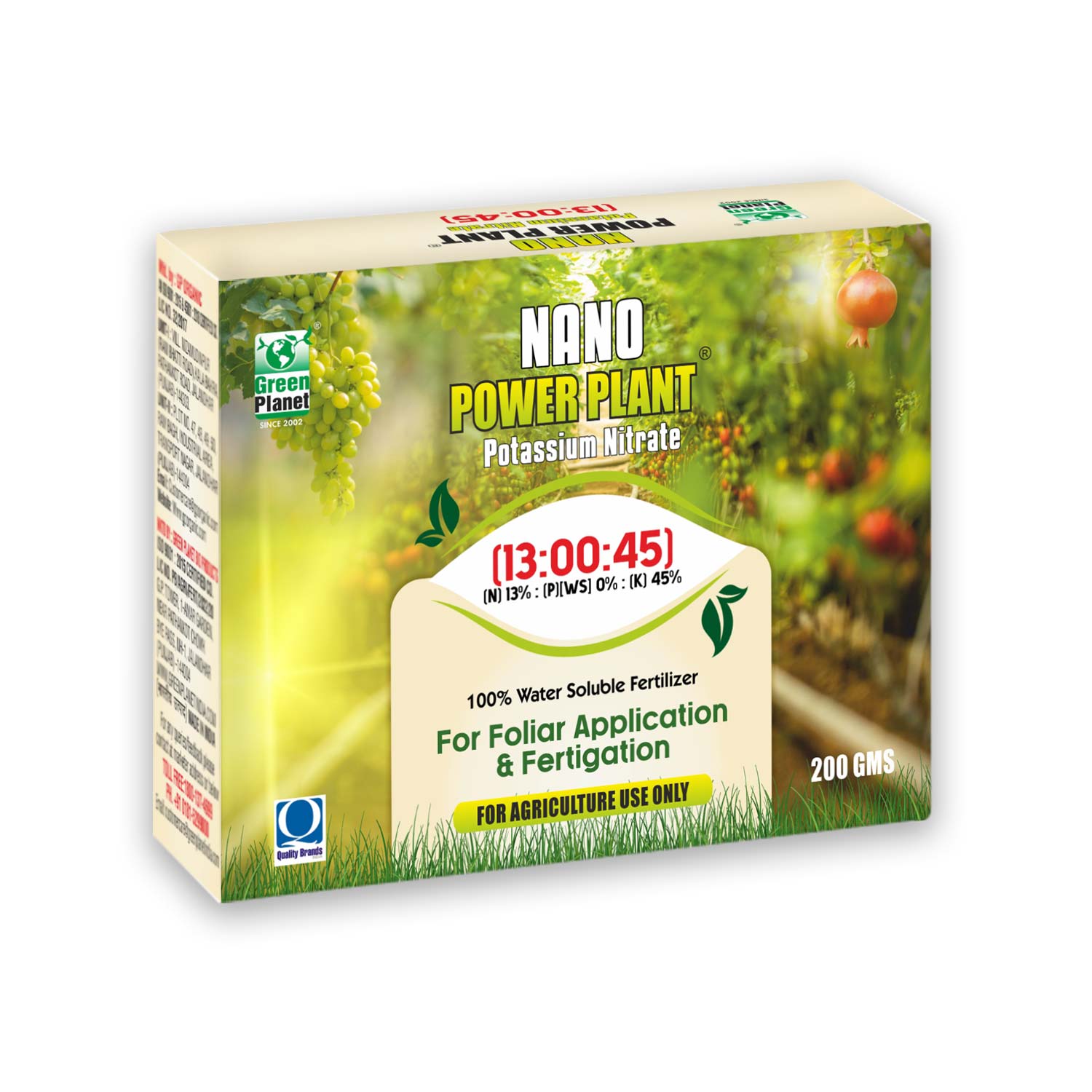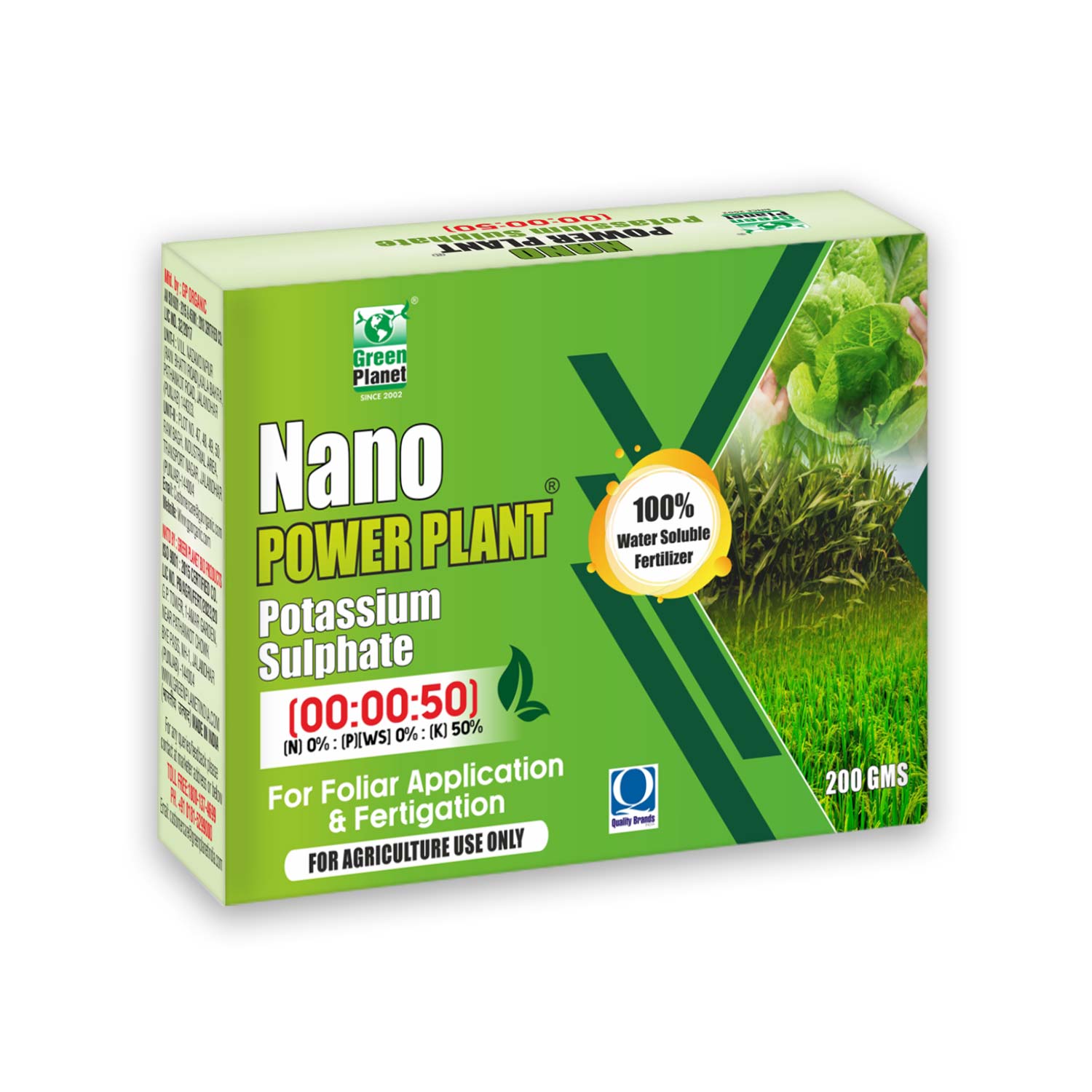Producing more food with fewer resources may appear to be a good thing, but farmers throughout the world have trillions of prospective partners who can help them reach that lofty objective. Microbes are the collaborators in this case. Soil bacteria are essential. The soil is alive, and there are microscopic organisms beneath our feet that are invisible to the naked eye.
They operate as earth's digesters, constantly breaking down organic material into forms that plant roots can recognise, absorb, and eventually assimilate for new development. This substance contains a variety of organic compounds. tannins, lignins, proteins, carbohydrates, cellulose, pectin, and other compounds.At least 10,000,000 bacteria should be present in a healthy gramme of soil.Microbes guarantee that nutrients are delivered to plants in a consistent and predictable manner.The bacteria in the soil require more nutrients as the plants grow and require more nutrients. . Microbes become more active in their duty of breaking down organic resources into forms that are easier for growing plants to ingest. Plants require less nutrition as the weather cools, and microorganisms demand less as well. Because they are less active, fewer nutrients are released to the plants in the soil.In this way, the soil can replenish its food supplies. For millions of years, nature's wisdom has included this self-regulating cycle.
Microbes also contribute to soil stability by physically holding mineral particles together. They produce glomalin, a by-product that functions as a "glue," binding mineral particles and organisms together. This aids in soil aggregation to a large extent.
Power Plant Premium is fed to the soil.
We lose all of the benefits that bacteria contribute when we feed our plants instead of our soil. When we say "feed the soil," we're referring to the bacteria that make nutrients available to the plants. Microbes are fed by adding organic matter to their environment.
Chemical fertilizer, on the other hand, only feed for a limited time; organic fertilizers, on the other hand, provide continuous feeding since microbes cannot digest all of the organic fertilizer at once. We also lose the bacteria' contribution to soil aggregation when we use chemical fertilizers. By adding organic material, you can obtain all of these desirable soil conditions. As you can see, microbes are extremely important to the health of all fertile soils.
Power plant premium is a biological liquid soil conditioner that improves your soil's fertility and health. It encourages the growth and metabolism of beneficial soil bacteria and other microorganisms .Premium also contains a number of minerals as well as naturally occurring organic components (enzymes, hydrolyzed proteins, and amino acids) that aid in microbial activity in the soil.
Action Method:
When you employ Power Plant Premium, two things will happen.
• As they break down and feed on the organic molecules, microorganisms drawn to organic materials lower the pH in the space around the granule. The lower pH increases the availability of nutrients to plant roots.The bacteria will feed on the organic fertiliser and soil, delivering practically instantaneous nutrition for your plants, resulting in quick results.
• Because Power Plant Premium contains numerous kinds of beneficial microorganisms, unlike other organic fertilisers and soils, your soil will have the right number of bacteria to properly benefit your plants.
Increased biological activity in the soil, as well as the expansion of existing bacterial populations, will assist your plants and garden become more resistant to diseases, frost, and insects, while also increasing their growth and health potential.
Keep in mind that your soil has a life of its own. DO NOT HANDLE IT LIKE YOU WOULD HANDLE DUST! Work with and care for your soil's natural bio-system.
Dosage : 1 litre per acre is the recommended dosage.


